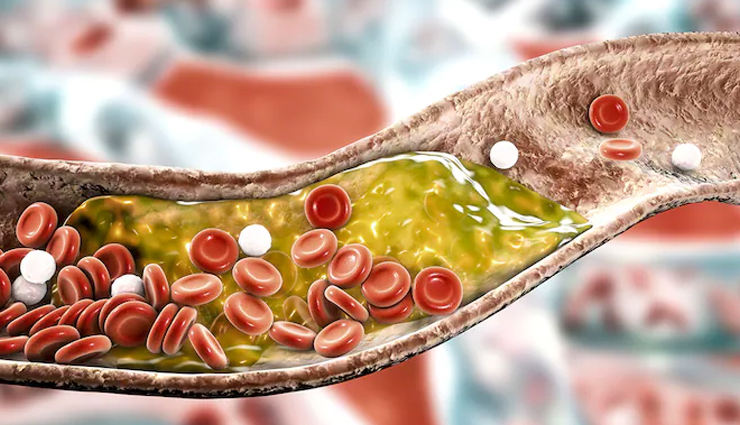- Home›
- Healthy Living›
- 7 Reasons Why Drinking Red Wine In Moderate Amount Good For Your Health
7 Reasons Why Drinking Red Wine In Moderate Amount Good For Your Health
By: Priyanka Maheshwari Sat, 15 June 2024 10:51:32

Red wine, revered for centuries as a symbol of celebration, conviviality, and cultural heritage, holds a storied place in human history. Originating from the fermented juice of dark-colored grapes, red wine encompasses a rich tapestry of flavors, aromas, and colors that reflect its diverse terroirs and winemaking traditions worldwide. Beyond its role as a beverage, red wine has captivated enthusiasts and scientists alike for its potential health benefits, attributed to its antioxidant compounds and polyphenols.
From the vineyards of Bordeaux to the hillsides of Tuscany and beyond, red wine continues to weave its allure, blending ancient traditions with modern scientific inquiry. As a cornerstone of social gatherings and culinary experiences, red wine invites exploration, appreciation, and ongoing research into its complexities and potential contributions to well-being.
# Antioxidant Properties
Red wine contains antioxidants such as resveratrol, quercetin, and flavonoids, which can help neutralize free radicals in the body. Free radicals are unstable molecules that can damage cells and lead to diseases.

# Heart Health
Moderate consumption of red wine has been linked to a reduced risk of cardiovascular diseases, including heart attacks and strokes. Resveratrol in particular has been studied for its potential to improve heart health by increasing levels of high-density lipoprotein (HDL) cholesterol (the "good" cholesterol) and protecting against artery damage.

# Potential Anti-Cancer Effects
Some studies suggest that the antioxidants in red wine may have anti-cancer properties, particularly against certain types of cancers such as colon, prostate, and breast cancer. However, more research is needed in this area.

# Improved Cholesterol Levels
Moderate consumption of red wine may help increase levels of HDL cholesterol and reduce the formation of LDL (low-density lipoprotein) cholesterol, potentially lowering the risk of heart disease.

# Reduced Risk of Type 2 Diabetes
Some studies have indicated that moderate red wine consumption may improve insulin sensitivity, which could reduce the risk of developing type 2 diabetes.

# Longevity
Some research has suggested that moderate drinkers of red wine may have a lower risk of premature death compared to non-drinkers or heavy drinkers, although this association is complex and not fully understood.

# Cognitive Function
The antioxidants in red wine, particularly resveratrol, have been studied for their potential to protect against cognitive decline and Alzheimer's disease. However, more research is needed to confirm these benefits.





